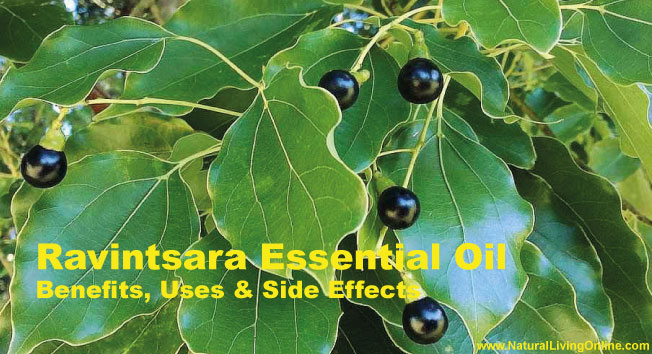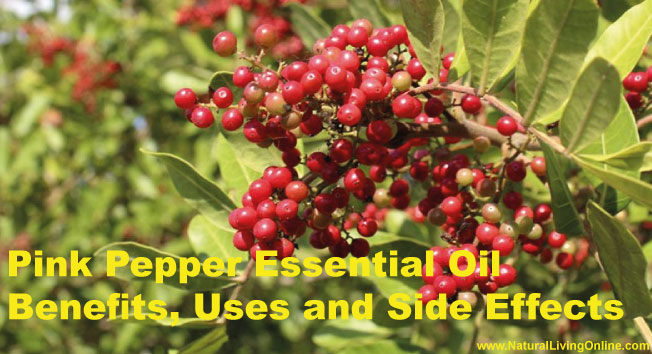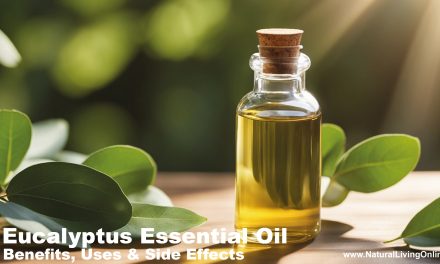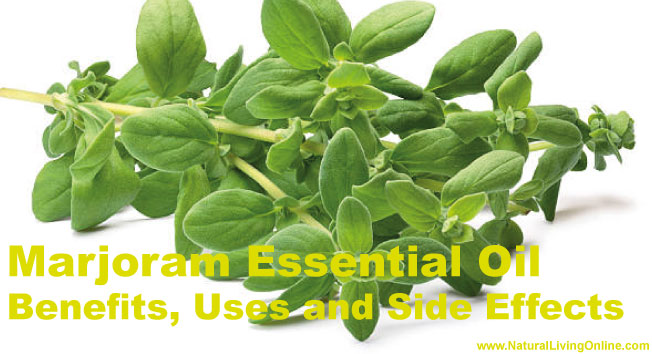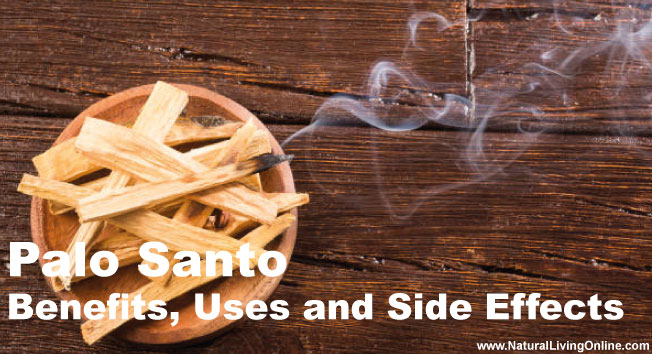Ravintsara (Cinnamomum camphora) is an evergreen tree native to Asia. The oil is distilled from the leaves and twigs of the tree. The name ravintsara comes from the Sanskrit words ravi, meaning “sun,” and tsara, meaning “good.” This refers to the traditional use of the oil for sunburns and other skin conditions. The main chemical component of ravintsara oil is 1,8-cineole (also called eucalyptol), which makes up 70-85% of the oil. Ravintsara oil is said to have several benefits, like boosting the immune system, reducing stress headaches and migraines, and easing respiratory problems.
Essential Oil Profile / Monograph
Botanical Name: Cinnamomum camphora
Common Names: Ravintsara,camphor laurel, honoki
Plant Family: Lauraceae
Countries of origin: Madagascar, China, Japan
Extraction Method: Steam distillation
Parts Used: Leaves and twigs
Essential Oil smell: Strong, sweet, spicy, woody
Essential Oil Color: Clear to pale yellow
Viscosity: Thin
Perfumery Note: Top
Strength of Aroma: Strong
Blends Well With: Thyme, rosemary, basil, oregano, peppermint, cardamom, bergamot, lemon
Therapeutic Properties: Antibacterial, antiviral, antifungal, anti-inflammatory, expectorant, stimulant
Uses: Colds and flu, bronchitis, sinusitis, immune system support
Contraindications: Avoid during pregnancy. Not for children under 2 years old.
Side Effects: Rarely skin irritation may occur.
Chemical Constituents:
1,8-cineole (eucalyptol): 70-85%
linalool: 2-10%
terpinen-4-ol: 1-5%
camphor: 1-3%
pinene: trace-2%
beta-caryophyllene: trace-1%
aromadendrene: trace-1%
What is Ravintsara?
Ravintsara, also known as Ravinstara and Cinnamomum camphora ct. 1,8 cineole, is a species of evergreen tree native to Madagascar. The tree grows up to 20 meters tall and has elliptical-shaped leaves that are dark green in color with a glossy sheen. The flowers are white and grow in clusters, while the fruit is a small, black drupe. The tree is harvested for its wood, which is used in construction and furniture-making, as well as its leaves, which are used to make an essential oil.
Benefits
Antiviral and antibacterial properties: The main benefit of Ravintsara essential oil is its high content of 1,8-cineole, also known as eucalyptol. This compound has been shown to have powerful antiviral, antibacterial, and anti-inflammatory properties. The most notable benefit of Ravintsara Essential Oil is its ability to fight off viruses and bacteria. It is a powerful antiviral and antibacterial agent that can help protect us from illnesses.
Respiratory benefits: Ravintsara Essential Oil has a powerful effect on the respiratory system, making it a great choice for those suffering from respiratory conditions such as coughs, colds, and asthma.
Immune system support: Ravintsara Essential Oil is a great tool to support the immune system. It can help to strengthen the body’s defenses against viruses and bacteria, which is especially important during times of illness.
Pain relief: Ravintsara Essential Oil has analgesic properties, which makes it an effective pain reliever. It can help to relieve headaches, muscle aches, and joint pain.
Psychological benefits: Ravintsara Essential Oil is known for its calming and relaxing properties. It can help to reduce stress and anxiety, improve mood, and enhance mental clarity.
Study suggests that C. camphora leaves help in the treatment of allergic inflammation such as atopic dermatitis.
Study
Uses
Topical use: Dilute Ravintsara Essential Oil in a carrier oil such as coconut or jojoba oil and apply it topically to the skin. This is a great option for pain relief, respiratory support, and immune system support.
Inhalation: Add a few drops of Ravintsara Essential Oil to a bowl of hot water and inhale the steam. This can help to relieve respiratory issues and promote relaxation.
Diffusion: Use a diffuser to diffuse Ravintsara Essential Oil into the air. This is a great way to promote relaxation and improve mood.
Historical use
Ravintsara has been used as a medicinal herb for centuries. Essential oil research shows the oil was traditionally used to treat colds, flu, and bronchitis. Additionally, the oil was believed to boost the immune system, improve circulation, and reduce stress.
Topical use
Ravintsara Essential Oil is a versatile oil that can be used in a variety of ways, including topically for skin and hair benefits. Here are some of the different topical uses of Ravintsara Essential Oil and its benefits for skin and hair:
Acne treatment: Ravintsara Essential Oil has antibacterial properties that make it effective in treating acne. Dilute a few drops of Ravintsara oil in a carrier oil and apply it to the affected area.
Eczema and psoriasis relief: Ravintsara Essential Oil has anti-inflammatory properties that can help to soothe and reduce the symptoms of eczema and psoriasis. Mix the oil with a carrier oil and apply it to the affected area.
Muscle and joint pain relief: Ravintsara Essential Oil has analgesic properties that make it effective in relieving muscle and joint pain. Mix the oil with a carrier oil and apply it to the affected area.
Hair growth: Ravintsara Essential Oil can help to promote hair growth by stimulating blood circulation in the scalp. Mix the oil with a carrier oil and massage it into the scalp.
Dandruff treatment: Ravintsara Essential Oil has antifungal properties that make it effective in treating dandruff. Mix the oil with a carrier oil and massage it into the scalp.
Anti-aging: Ravintsara Essential Oil has antioxidant properties that can help to protect the skin from free radical damage, which can lead to premature aging. Mix the oil with a carrier oil and apply it to the face.
Skin hydration: Ravintsara Essential Oil can help to hydrate and moisturize the skin. Mix the oil with a carrier oil and apply it to the skin.
Overall, Ravintsara Essential Oil is a beneficial oil that can be used in a variety of ways to improve skin and hair health. However, it is important to always dilute the oil in a carrier oil before applying it topically and to do a patch test before using it for the first time to ensure there are no allergic reactions.
Aromatherapy benefits
Ravintsara oil has a refreshing, camphoraceous scent that is beneficial for the mind and body. The oil can be used to improve concentration, boost energy levels, and reduce stress. Additionally, it can be used to treat headaches, depression, and anxiety.
Diffuser blends for aromatherapy with Ravintsara Essential Oil
Ravintsara essential oil can be used in a diffuser for invigorating aroma to improve concentration, boost energy levels, and reduce stress. Its relaxing aroma can be used to treat headaches, depression, and anxiety. The following are some great essential oil diffuser blends for aromatherapy with Ravintsara oil.
1. Immune-Boosting Blend: To improve immune system, add 3 drops Ravintsara oil, 2 drops Lemon essential oil, 2 drops Eucalyptus oil
2. Respiratory Support Blend: For clear breathing, add 3 drops Ravintsara oil, 2 drops Peppermint essential oil, 2 drops Tea Tree essential oil
3. Stress Relief Blend: 3 drops Ravintsara oil, 2 drops Lavender essential oil, 2 drops Bergamot essential oil
4. Focus Blend: 3 drops Ravintsara oil, 2 drops Rosemary essential oil, 2 drops Basil essential oil
5. Energy Boost Blend: 3 drops Ravintsara oil, 2 drops Grapefruit essential oil, 2 drops Peppermint essential oil
6. Relaxation Blend: 3 drops Ravintsara oil, 2 drops Chamomile essential oil, 2 drops Lavender essential oil
7. Mood Support Blend: 3 drops Ravintsara oil, 2 drops Bergamot essential oil, 2 drops Ylang Ylang essential oil
DIY recipes with Ravintsara Essential Oil
Respiratory Support Inhaler: 3 drops Ravintsara essential oil, 2 drops Peppermint essential oil, 2 drops Tea Tree essential oil
Stress Relief Bath Salts: 3 drops Ravintsara essential oil, 2 drops Lavender essential oil, 2 drops Bergamot essential oil, 1 cup Epsom salt
Focus Rollerball: 3 drops Ravintsara essential oil, 2 drops Rosemary essential oil, 2 drops Basil essential oil, 10ml carrier oil
Frequently Asked Questions
Who should not use Ravintsara oil?
Ravintsara oil should not be used by pregnant or breastfeeding women. Additionally, the oil should not be used by people with high blood pressure, heart conditions, or seizure disorders.
Does Ravintsara oil interact with any medicine?
Ravintsara oil may interact with some medications. Therefore, it is important to consult with a healthcare provider before using the oil, if you are taking blood pressure or heart medications.
Can you use Ravintsara oil everyday?
Ravintsara oil can be used once or twice per day. However, it is best to start with once daily usage and increase as needed.
How much Ravintsara oil daily is safe?
The recommended dosage of Ravintsara oil is 2-3 drops per day.
Does Ravintsara oil raise blood pressure?
Ravintsara oil does not raise blood pressure. In fact, the oil may help to lower blood pressure.
Can I use Ravintsara oil on face, what is it good for?
Ravintsara oil can be used on the face to improve the complexion and skin health. Additionally, the oil can be used to treat acne, eczema, and psoriasis.
Is Ravintsara oil good for cold, coughs and flu?
Ravintsara oil is effective in treating colds, coughs, and flu. The oil can help to relieve symptoms such as congestion, sore throat, and fever. Additionally, Ravintsara oil can help to boost the immune system.
References:
Phytochemistry and Applications of Cinnamomum camphora Essential Oils
Cinnamomum camphora Leaves Alleviate Allergic Skin Inflammatory Responses In Vitro and In Vivo
This website does not provide medical advice.
All information provided on this website, and on associated social media networks, including but not limited to texts, images, and numbers are for general information purpose only. It is not intended as medical advice and it does not include all possible precautions, side effects, or interactions that may occur. Neither NaturalLivingOnline.com nor its author/founder take responsibility for how you use this information. Statements contained on NaturalLivingOnline.com have not been evaluated by the FDA. You should conduct thorough research via multiple sources and consult your physician or qualified doctor before using any essential oil or herbal remedy. Information on NaturalLivingOnline.com must not be relied upon for medical, legal, financial or other decisions.

